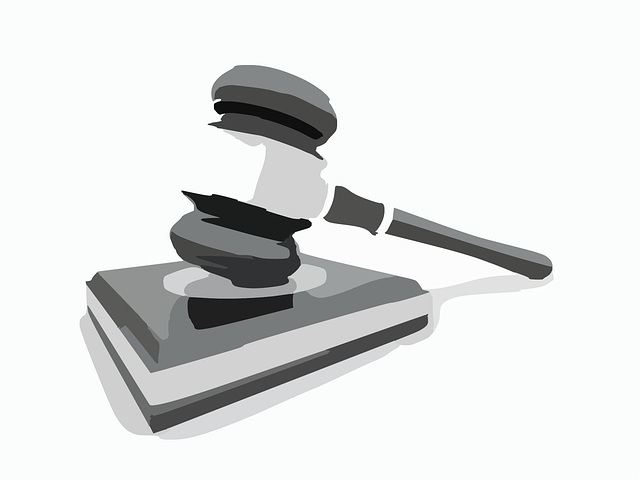Public corruption, a serious breach of trust, requires a nuanced defense strategy. Lawyers scrutinize evidence and challenge prosecution claims to mitigate penalties, aiming for charge dismissal. Sentencing involves understanding investigative process and presenting extenuating factors to secure reduced sentences in white-collar crime cases. Focus is on achieving justice while deterring future corruption through preventative measures.
“Public corruption charges have far-reaching implications, demanding a nuanced understanding of their intricate nature. This article delves into the defining elements and severe consequences of such accusations, offering critical insights for individuals navigating complex legal territories. From unraveling strategies for defense in white-collar crime cases to exploring sentencing guidelines for mitigating penalties, we provide essential guidance. By examining these aspects, individuals can better equip themselves to face these challenges head-on.”
- Understanding Public Corruption Charges: Elements and Consequences
- Strategies for Defense in White-Collar Crime Cases
- Navigating Sentencing Guidelines for Mitigated Penalties
Understanding Public Corruption Charges: Elements and Consequences

Public corruption charges are a serious matter, implicating individuals or entities in the misuse of power and resources for personal gain. These cases involve a range of illicit activities, from bribery and embezzlement to fraud and abuse of public trust. Understanding the elements of these crimes is crucial when navigating potential consequences, especially in white-collar crime cases. Mitigating penalties often hinges on distinguishing between corporate and individual clients, as well as considering the unique circumstances surrounding each case.
The impact of public corruption extends beyond legal repercussions. It erodes public trust, undermines democratic processes, and can hinder economic growth. As such, prosecuting these cases is a multifaceted challenge that requires a balanced approach. While ensuring justice for those involved, efforts should also focus on restorative measures to repair harm done to philanthropic and political communities. A successful outcome may include not only the complete dismissal of all charges but also the implementation of robust preventative strategies to deter future instances of corruption.
Strategies for Defense in White-Collar Crime Cases

In white-collar crime cases, particularly those involving public corruption charges, crafting a robust defense strategy is paramount. Lawyers representing individuals or organizations accused of such offenses often employ several tactics to mitigate penalties and achieve favorable outcomes. One key approach is to thoroughly examine the evidence and identify any weaknesses or inconsistencies in the prosecution’s case. This meticulous process can cast doubt on the validity of the accusations, potentially leading to a not-guilty verdict.
Moreover, building a robust defense strategy may involve showcasing an absence of intent or knowledge, which is crucial in white-collar crimes. Defense attorneys can present evidence and witness testimonies that demonstrate a lack of malicious intent or awareness of illegal activities, thereby undermining the prosecution’s ability to prove guilt beyond a reasonable doubt. These strategies, combined with a deep understanding of legal loopholes and procedural intricacies, enable defense teams to achieve extraordinary results, even in complex cases across the country, and secure winning challenging defense verdicts.
Navigating Sentencing Guidelines for Mitigated Penalties

Navigating sentencing guidelines is a crucial step for individuals facing public corruption charges, especially when seeking mitigating penalties in white-collar crime cases. These guidelines play a significant role in determining the appropriate punishment for offenders, offering a range of options from probation to fines and imprisonment. For his clients, understanding these guidelines can be pivotal in achieving a favorable outcome.
The process involves examining all stages of the investigative and enforcement process, ensuring that any extenuating circumstances or cooperation with authorities are considered. This may include accepting responsibility, providing substantial assistance to investigations, or demonstrating remorseful conduct. The goal is often to advocate for a complete dismissal of all charges, or at the very least, significantly reducing the penalties associated with the corruption offense.
Public corruption charges carry significant consequences, but understanding the elements and employing strategic defenses can mitigate penalties in white-collar crime cases. By navigating sentencing guidelines effectively, legal professionals can work towards reduced sentences and more favorable outcomes for their clients. This involves a thorough examination of the evidence, leveraging mitigating factors, and utilizing available legal strategies to ensure a just resolution.






